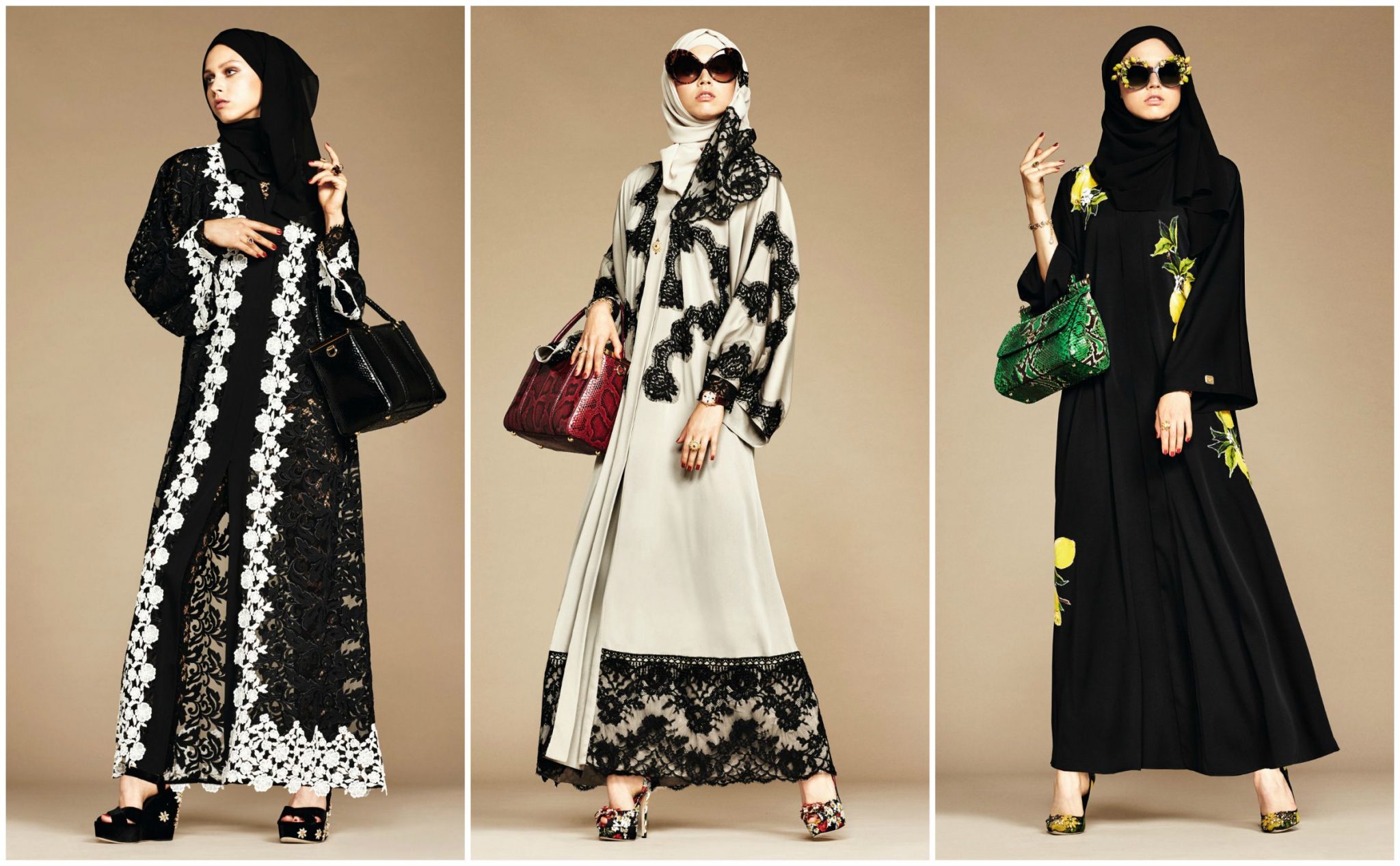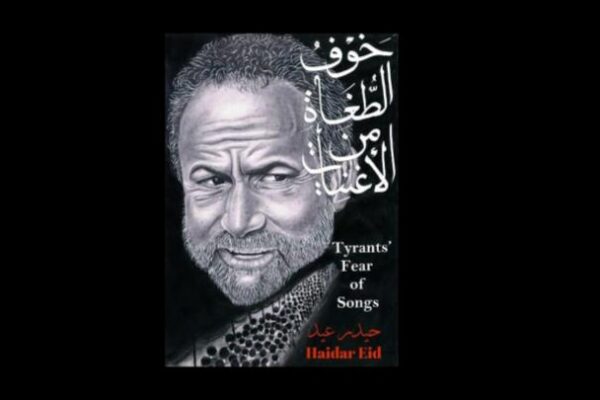Is it a movement of empowerment or assimilation?
Is it a movement of empowerment or assimilation?
I remember when Ramadan was the only time that the Muslim market would be at its peak; everything from halal samosas to Haribo’s would line supermarket shelves months before Ramadan even approached. At that time, it didn’t seem as though the words ‘halal’ or ‘Ramadan’ were being taken for granted, it was simply making Ramadan shopping easier for Muslims living in the West. But something changed down the line.
The more the media focused on the ‘Muslim terrorist’ and ‘oppressed women’ narrative, the more Muslims in the West turned to commercialisation, in an attempt to ‘normalise’ and display the religion as fun-loving and trendy, making Islam a brand.
Modest fashion and Hijab
 Fashion is one of the biggest means of doing this; modest clothing lines have increased over the past few years with brands introducing luxurious versions of hijab and modest clothing in different styles and colours. On top of this, mainstream brands have recognised the gap in the market and capitalised on it.
Fashion is one of the biggest means of doing this; modest clothing lines have increased over the past few years with brands introducing luxurious versions of hijab and modest clothing in different styles and colours. On top of this, mainstream brands have recognised the gap in the market and capitalised on it.
Not long ago, H&M released its first advert featuring a Muslim model in a hijab, House of Fraser began stocking ‘sporty hijabs’ designed for Muslim women to wear while exercising and swimming and Dolce & Gabbana released its first hijab and abaya collection.
Ever wondered why a plain black hijab seemed more threatening in the West than one with floral patterns draped in an articulate manner? The media has framed the black hijab as a symbol of oppression and terror. Now with growing modest fashion industry, the commodification of the hijab and modest fashion has become a means to monetise.
Other forms of fashion include clothing with Arabic writing or Islamic wording. I remember being gifted a jumper which said “Quran and Sunnah” in the exact same style as the famous “Weed and Wasabi” brand. Arabic writing was something people used to directly associate with terrorism due to it being used by terrorist groups such as ISIS, however, Islamic fashion has attempted to remove that stereotype by introducing clothing, including everything from jumpers to baseball caps with the Arabic words for “peace” or “unity.” It’s as though our adherence to religious piety can only be validated through what’s trending and replicating it.
Islamic Music
There’s a real divide within the Muslim community when comes to music. Nasheeds are deemed acceptable by most, as long as there isn’t any use of background music. However, a new revolution of ‘halal hip-hop’ has changed the game now. Music now also plays a big part in the commercialisation of Islam.
Not so long ago, I discovered a group which identifies themselves as the Deen Squad, a Canadian-based hip-hop duo, who are known for their Muslim covers of popular mainstream hits. Much of Muslim community disapprove of their use of music, dancing and the fact that their songs are remakes of mainstream songs usually associated with drugs, sex, and money which they then convert and replace with ‘halal lyrics.’
Although many in the Muslim community strongly disagree with the Deen Squad’s ways, they evidently have a massive following and under the label of calling it a ‘nasheed,’ all manner of songs are being produced and in the name of religion, and so, a new money making tool is born.
Muslim Social media figures
Social media is the most powerful and influential marketing tool of the digital age. Everything from hijab tutorials, halal makeup to Muslims couples holding hands are displayed on our mobile screens. Social media has undoubtedly become a platform where Islam is being glamorised. In the name of religion people are now able to start businesses, launch brands, make music and show the world that they are “a Muslim and not a terrorist” and what better way to sell yourself than on social media, right?
Social media has undoubtedly become a platform where Islam is being glamorised. In the name of religion people are now able to start businesses, launch brands, make music and show the world that they are “a Muslim and not a terrorist” and what better way to sell yourself than on social media, right?
There are many popular social media figures include Dina Tokio, Habiba Da Silva, Zukreat and many more, who have launched their own brands, TV shows, campaigns and so on. These figures have more of a following than the scholars who have dedicated a majority of their life studying and teaching Islam such as Mufti Menk and Nouman Ali Khan. These social media figures endorse other Muslim brands and the cycle goes on, these people have become ambassadors of the religion and in turn, religion has become a brand.
Although some may perceive it as a movement of empowerment and pessimistic recognition, to me, the commercialisation of Islam is clouded in contradictions, considering the rise of this phenomenon started in western countries in Europe and the US. I fear that in attempting to eradicate stereotypes, we may just be slowly eradicating our identity and creating our own new narrative where instead of self-expression, we’re self-moulding simply because it sells.
by Khadija Ahmed for AnotherLenz Magazine
This post was originally featured here.





